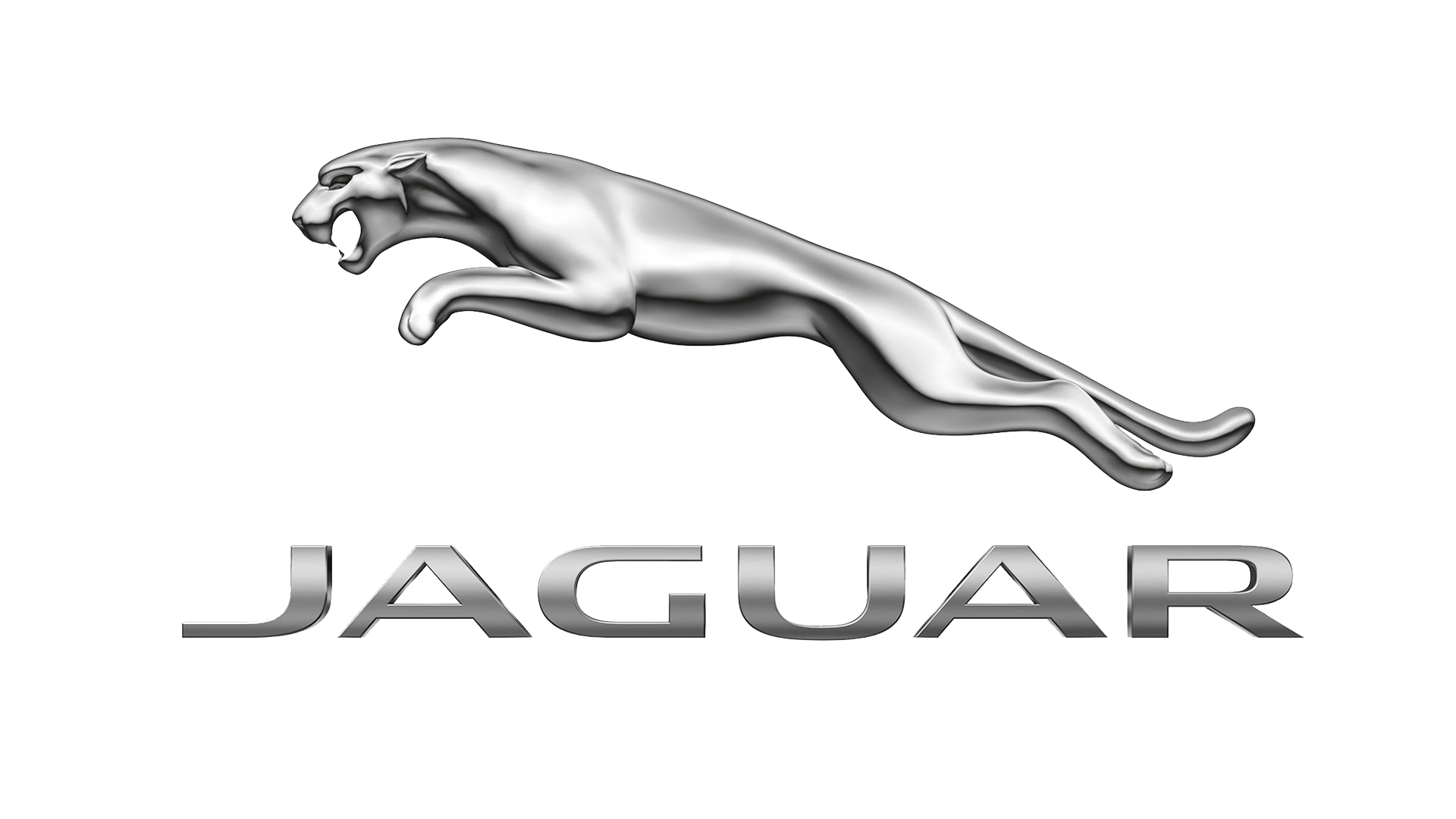When you think of reliability in cars, Japanese vehicles often come to mind. With a stellar reputation for long-lasting quality, Japanese car manufacturers like Toyota, Nissan, and Honda have earned the trust of drivers worldwide. From high-performance engineering to affordability and ease of maintenance, trusting Japanese vehicles goes beyond just the brand name it’s a reflection of their legacy in the automotive world.
This article will explore why millions trust these cars, the advantages of Japanese car auctions, the import process, and how these vehicles maintain their standing in the global market.
Japanese Popular Car Model
When it comes to cars, certain models stand out for their reliability and longevity. Some of the most well known cars include the Toyota Camry, Honda Civic, and Nissan Altima. These cars have earned a reputation for being durable and lasting for many years with proper care.
Toyota Camry
Toyota Camry is one of the best-selling cars in the world. It's known for its smooth ride, low maintenance, and excellent fuel efficiency. People love it because it runs smoothly for hundreds of thousands of miles. The 2025 Toyota Camry features updated pricing reflecting its shift to hybrid lineup and a refreshed design. The base price of the LE trim is $29,495 (including destination charges).
Honda Civic
Honda Civic is another favorite. It is compact, affordable, and reliable. Moreover, many owners find that their Honda Civic lasts well beyond 200,000 miles. It's perfect for young drivers who want a car that lasts and performs well. The Honda Civic starts at $24,250–$25,400 in the U.S.
Nissan Altima
Nissan Altima is a popular mid-sized sedan. It combines style and comfort, making it a great choice for families. This model also has strong reliability ratings and can serve its owners for many years without major issues. The Altima offers great gas mileage and easy handling. Starting MSRP: $27,000–$28,140, depending on trim and features
What Makes Japanese Cars So Reliable?
One of the biggest reasons people trust Japanese vehicles is their incredible reliability. For decades, Japanese automakers have focused on producing cars that last. Toyota and Honda, for example, are renowned for their cars often reaching 200,000 miles or more with minimal repairs. But what sets these cars apart?
Precision Engineering and Quality Control
Japanese carmakers are known for their meticulous attention to detail. Every part is carefully crafted, tested, and optimized for performance. Engineers in Japan don’t cut corners—they focus on building cars that are both fuel-efficient and durable. They know that a car’s reliability depends on every part working together flawlessly. Whether it’s a compact sedan like the Toyota Corolla or a SUV like the Nissan Patrol, these vehicles undergo stringent quality checks before they leave the factory.
Longevity and Low Maintenance Costs
When buying a car, you don’t just want it to perform well for a few years. You want it to last. Japanese cars have built a reputation for longevity. Many car owners report driving their Japanese vehicles for over 15 years without major issues. Plus, the maintenance is relatively inexpensive. Since these cars are so popular, parts are readily available, and repair costs are typically lower than European or American vehicles.
In short, when you trust Japanese vehicles, you are investing in peace of mind knowing that you won’t be burdened with high maintenance bills down the road.
Japanese Car Auctions: A Gateway to Affordable, High-Quality Cars
One of the best-kept secrets about buying Japanese cars is the availability of Japanese car auctions. These auctions offer a wholesale assortment of trustworthy vehicles at affordable prices. Whether you're looking for a sedan, SUV, or even a mini truck, these auctions provide a wide range of choices.
How Do Japanese Car Auctions Work?
Thousands of Japanese used cars are listed for auction every day. These auctions are popular not just in Japan, but globally, thanks to the high-quality of vehicles available. Dealers and buyers from countries like Tanzania, New Zealand, and the Caribbean regularly attend these auctions, either physically or online, to secure the best deals on cars that have been well-maintained.
Auction grades are a great tool to determine the condition of a car. Higher-grade vehicles have minimal wear and tear, while lower grades indicate some damage. This transparent system helps buyers make informed decisions, increasing their confidence in the process. Many buyers also appreciate that they can access discounted vehicles that would cost significantly more in their home country.
Importing a Japanese Car: A Simple Process
The idea of importing a car might sound intimidating, but it’s easier than you think. The import process for a Japanese vehicle is straightforward, and many used car exporters specialize in helping international buyers. Here’s how the process works:
1. Choose Your Vehicle
Start by browsing reputable Japanese car auctions or online platforms like Japanesevehicles.com. You’ll find a wide variety of used cars, from sedans to trucks and vans. Be sure to check the car’s auction grade and history.
2. Place a Bid or Buy Directly
Once you’ve found the car you want, you can either place a bid at an auction or buy it directly from the used car dealer. Auctions can offer incredible deals, but if you’re looking for something specific, a trusted exporter might be the better option.
3. Shipping and Payment
After purchasing, the car is prepped for export. Many companies handle all the logistics, including shipping, customs, and insurance, so you don’t have to worry. Payment is usually made through a secure bank transfer, and you’ll be able to track your car’s journey in real-time.
4. Receive Your Car
In just a few weeks, your Japanese vehicle will arrive at your local port. It’s a simple and efficient process, trusted by car buyers all over the world.
Japanese Car Maintenance: Why It’s Easier Than You Think
One of the main reasons people love Japanese cars is their ease of maintenance. Whether you drive a Toyota or Honda, repairs and upkeep are usually affordable and straightforward. Here’s why maintaining a Japanese car is hassle-free:
Availability of Spare Parts
Because Japanese cars are so widely used globally, finding spare parts is never a problem. Whether you’re in Tokyo or Tanzania, you’ll easily find parts for popular models like the Toyota Corolla or Nissan Patrol. This makes repairs quicker and more affordable.
Reliable Mechanics
Since Japanese cars are known for their reliability, mechanics often have experience working with these models. They understand the vehicles inside and out, which means you’re less likely to encounter major mechanical issues. Routine services like oil changes, brake replacements, or engine tune-ups are quick and cost-effective.
Global Demand for Japanese Vehicles
The global demand for Japanese cars has only grown over time. Countries around the world, from Africa to Asia, import Japanese vehicles in huge numbers. But why is the demand so high?
Quality and Affordability
The Japanese car market is known for providing high-quality vehicles at affordable prices. Because the cars are built to last, they hold their value over time. Even when buying a used car, drivers know they’re getting a quality vehicle that will perform well for years.
Right-Hand Drive Advantage
Many countries, especially in Africa and the Caribbean, use right-hand drive vehicles. Fortunately, Japan produces a large number of these cars, making it easy for these regions to import the vehicles they need. Cars like the Toyota Land Cruiser and Nissan Micra are particularly popular in right-hand drive markets, due to their reliability and ease of maintenance.
Eco-Friendly Options
Japan is also leading the way with hybrid and electric vehicles (EVs). As the world becomes more eco-conscious, Japanese automakers are stepping up to meet the demand for fuel-efficient and environmentally-friendly cars. Popular models like the Toyota Prius are gaining traction in countries aiming to reduce their carbon footprint.
A Family Story: Generational Trust in Japanese Cars
Imagine this: A grandfather in the 1980s buys a Toyota Corolla for his daily commute. He drives it for 15 years, barely needing any repairs. When he retires, he passes it down to his son, who then uses it for family trips. Fast forward another decade, and that same car is passed down to the next generation.
This is more than just a story about a car. It’s about trust. Families around the world rely on Japanese vehicles because they know these cars are built to last, providing not only transportation but also memories.
Why You Should Trust Japanese Used Cars
Purchasing a used Japanese vehicle is a smart investment. Here’s why:
1. Proven Reliability
Time and time again, Japanese cars have proven their durability and reliability. Whether you’re buying new or used, you can count on these cars to last. Japanese vehicles consistently rank high in global reliability surveys, and models like the Honda Civic and Toyota Camry have long been favorites for second-hand buyers.
2. Lower Depreciation
Because Japanese cars are built to last, they depreciate slower than many other brands. Even after several years of use, Japanese vehicles retain much of their value. This is especially important if you ever decide to resell the car down the line.
3. Affordable Maintenance
As mentioned earlier, maintaining a Japanese car is easy and cost-effective. Spare parts are readily available, and the cars are designed to be serviced with minimal fuss.
FAQs About Buying and Trusting Japanese Vehicles
Are Japanese used cars safe to buy?
A: Absolutely. Japanese vehicles are known for their quality, and many undergo strict inspections before being sold at auction or exported.
How long does it take to import a Japanese car?
On average, it takes about 4-6 weeks, depending on shipping times and customs clearance in your country.
Can I trust Japanese vehicles with high mileage?
Yes. Japanese cars are built to last, and many can run well over 200,000 miles with proper maintenance.
Conclusion: A Legacy of Trust and Reliability
At the end of the day, when you choose a Japanese vehicle, you’re choosing a car that millions of drivers trust. With a reputation for reliability, affordability, and ease of maintenance, it’s no wonder these cars dominate the global market. Whether you're buying new, used, or through Japanese car auctions, the decision to trust Japanese vehicles is one backed by decades of performance and satisfaction.
Make your next car a Japanese vehicle, and experience the trust that so many drivers have come to rely on.



























